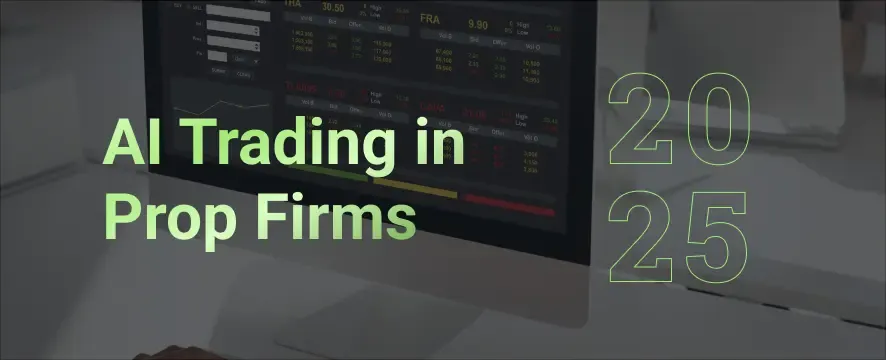
9 min read
AI Trading in Prop Firms: How Automation Is Revolutionizing Funded Trading in 2025
Discover effective AI trading strategies for prop firms to enhance your profits. Learn practical tips to navigate the market successfully. Read more!
6 min read
Share
It is essential to feel comfortable and safe with your broker of choice and equipped to trade with confidence and precision.
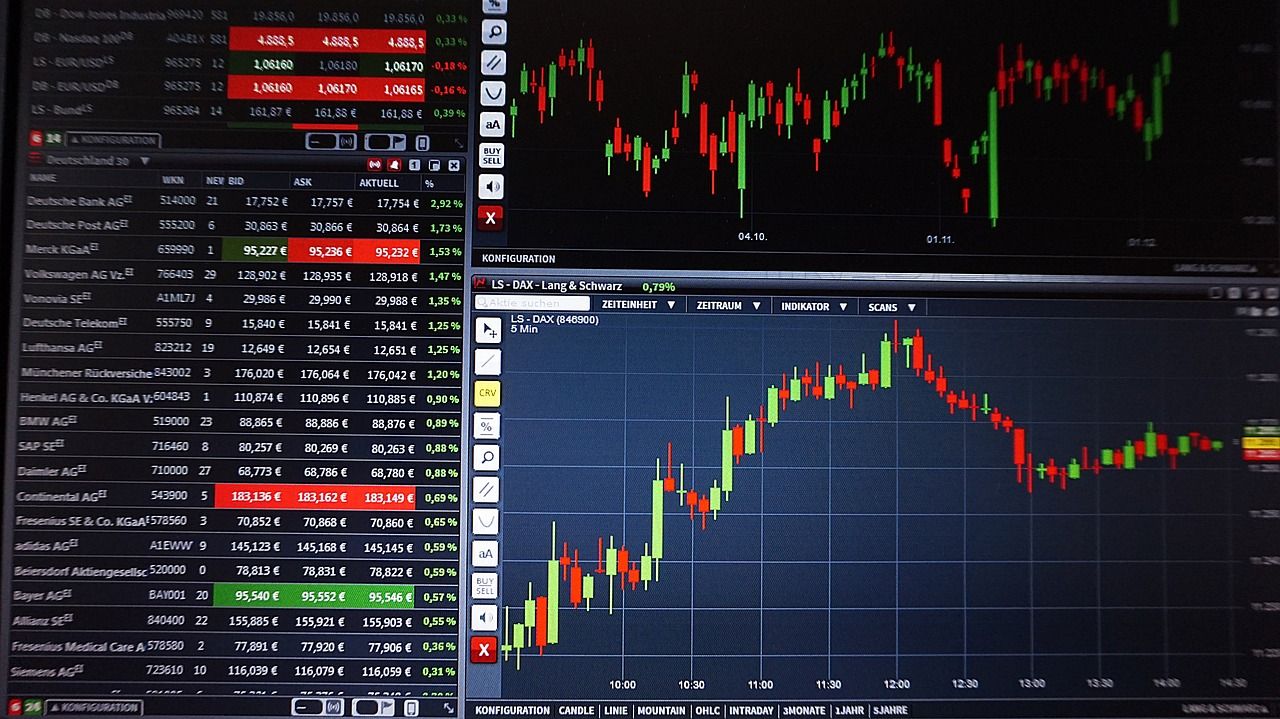
Choosing a Forex Broker is one of the most important decisions a trader will make. The choice of a Forex Broker has been shown to have a direct impact on trading success.
A study of retail Forex Traders by the Commodity Futures Trading Commission (CFTC) showed that choosing the right broker is an important factor in trading success.
It is essential to feel comfortable and safe with your broker of choice and equipped to trade with confidence and precision.
In this article, we will explain how to choose a Forex broker and some of the most important considerations when doing so.
How does Forex Trading work, and what role do brokers play in the broader Forex Market?
The Forex Market is a global market with a trading volume exceeding $5 Trillion a day, where traders buy and sell currency pairs.
Traders make money when one currency appreciates or depreciates against another. These Forex brokers act as intermediaries between traders and the Forex Market, providing a platform for traders to participate in Forex Trading.
The role of a Forex broker includes the following:
In a market dominated by large institutions and banks, Forex brokers enable individual retail traders to participate in the Forex Market, which would otherwise not be possible.
Risk management is crucial in Forex Trading, and Forex Brokers offer tools such as take-profit and stop-loss orders, which help traders limit losses and take profit more efficiently in the market.
Leverage drastically increases the buying power of traders. Leverage allows traders to control much larger positions than they otherwise would have. For example, a trader using leverage of 100:1 would be able to hold a position of $100,000 with just $1,000 in their account.
This is not an exhaustive list, however, these are a few of the most important functions and roles of a Forex broker.
Forex Trading for individual retail traders would not be possible without them, and choosing the right broker can directly impact your success in the Forex Market.
Now that we have covered the basics of what a Forex Broker does, what Forex Broker features should you look for when choosing a broker?
It is crucial that your money is safe, that you feel protected, and that your broker offers you the correct tools platform and tools for your trading success.
These are five key factors to consider when choosing your Forex Broker:
Forex brokers should be regulated by the appropriate regulatory bodies. This holds Forex Brokers to a certain standard of operation by which the broker must adhere.
This includes providing financial statements and ensuring the broker has adequate capital reserves.
Furthermore, Forex Broker regulation requires brokers to protect trader’s personal and financial information.
Additionally, regulated brokers must keep trader’s funds in separate accounts to their own operating capital.
This protects traders’ capital in the event of the broker going insolvent.
Broker fees and costs can significantly affect a trader’s profit and should be carefully considered before choosing a broker.
Spreads are one of the primary ways a broker makes money and refer to the difference in the bid and ask price of currency pairs.
The tighter the spread, the less cost to the trader (and the less money the broker makes).
Likewise, the wider the spread, the greater the cost to the trader (and the more money the broker makes).
Therefore, it is important to do a spread comparison between different brokers to evaluate the difference in spreads offered by brokers.
In addition to spreads, Forex brokers may charge additional fees such as commission or withdrawal and deposit fees. These Forex Broker fees vary from broker to broker.
It is essential that traders feel ‘safe’ and comfortable with their Forex broker of choice. Your Forex Broker of choice should have a broker customer support system.
Furthermore, your broker should have Forex educational resources, which could refer to information on how to navigate the broker’s platform or just general resources on Forex Trading.
Having ‘peace of mind’ that you can reach out through a support channel for assistance is important and comforting to traders.
Furthermore, because Forex Trading operates 24 hours a day, look for a broker that offers immediate (or at least prompt) response to support requests.
Look for a broker that offers different Forex account types.
Especially for newer traders, the ability to trade using a demo account is vital.
This enables traders to test their strategy and tweak it accordingly.
Also, consider if the broker has a minimum deposit requirement and whether this aligns with your trading goals.
Furthermore, not only brokers offer the same leverage options.
Be sure to know what leverage a Forex Broker offers and how you plan to incorporate leverage into your trading.
Each Forex Broker has their own unique trading platform with a specific look and feel. Make sure you are comfortable with the look and feel of the platform. If you find it cumbersome and clunky to use, it could affect your trading performance.
Furthermore, look for Forex Trading platforms that offer additional trading tools and resources like technical indicators and charting.
Another valuable feature is the ability to integrate with news feeds, which makes fundamental analysis much easier.
In summary, choosing a Forex Broker that you are comfortable using has shown to have a direct correlation to your profitability as a trader.
The key factors to consider when choosing a Forex Broker are the following:
• Regulation and Security
• Broker feeds and spreads
• Customer support and resources
• Account types and leverage
• Trading platform and tools
Ensure your broker provides the flexibility you want and equips you with the tools you need to successfully navigate your Forex Trading journey.

9 min read
Discover effective AI trading strategies for prop firms to enhance your profits. Learn practical tips to navigate the market successfully. Read more!
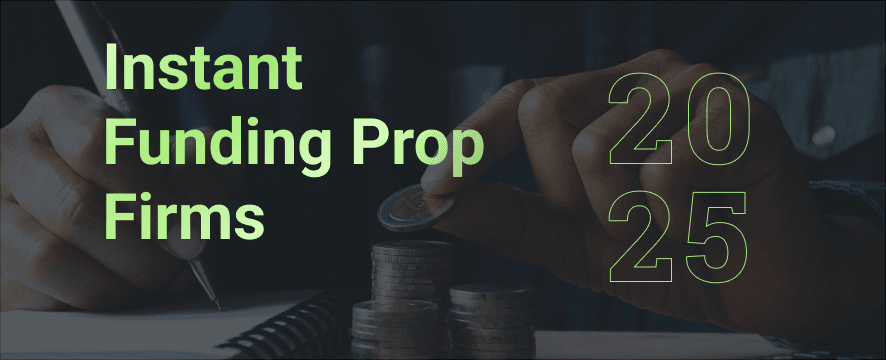
8 min read
Instant funding prop firms are becoming increasingly popular, but should you participate?

10 min read
Learn effective strategies to successfully pass a prop firm challenge. Gain insights and tips to enhance your trading skills. Read the article now!
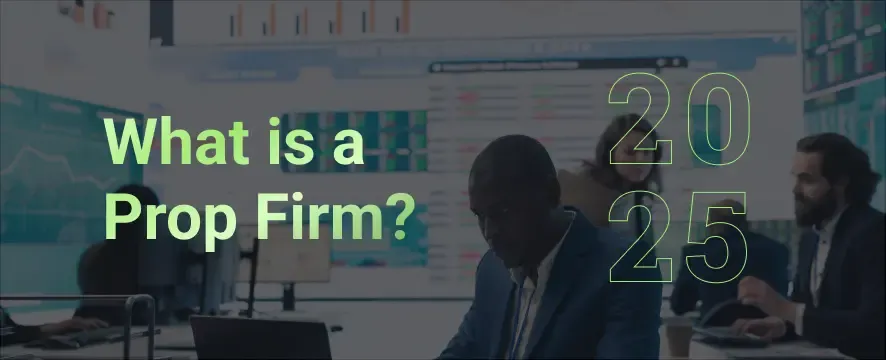
16 min read
Discover the essentials of proprietary trading and learn what a prop firm is. Understand the benefits and risks involved. Read the full guide now!
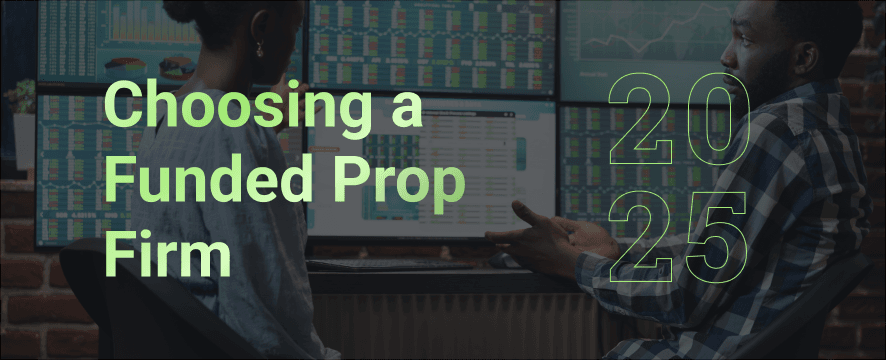
17 min read
Discover essential tips for selecting the right funded trader prop firm to match your trading goals. Read the article to find your perfect trading partner.
Get an insight from other users about SeacrestFunded and their experiences. 131K+ members and counting

Get instant access to weekly newsletter.